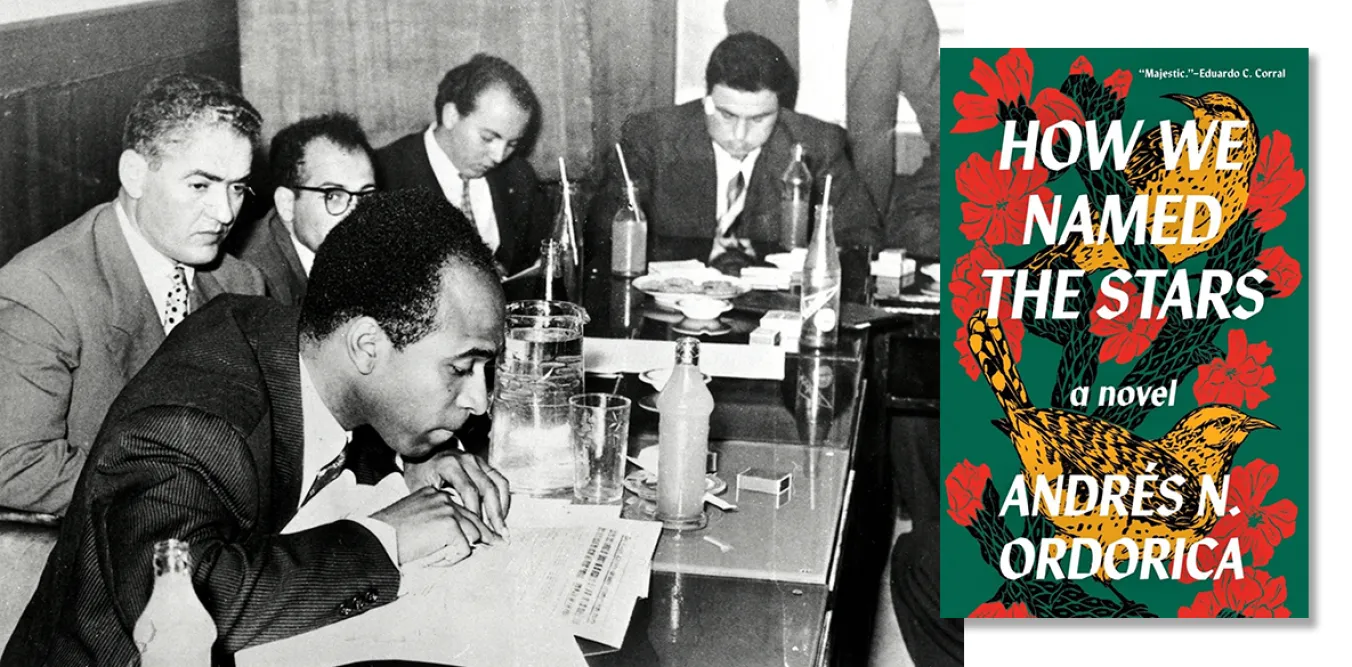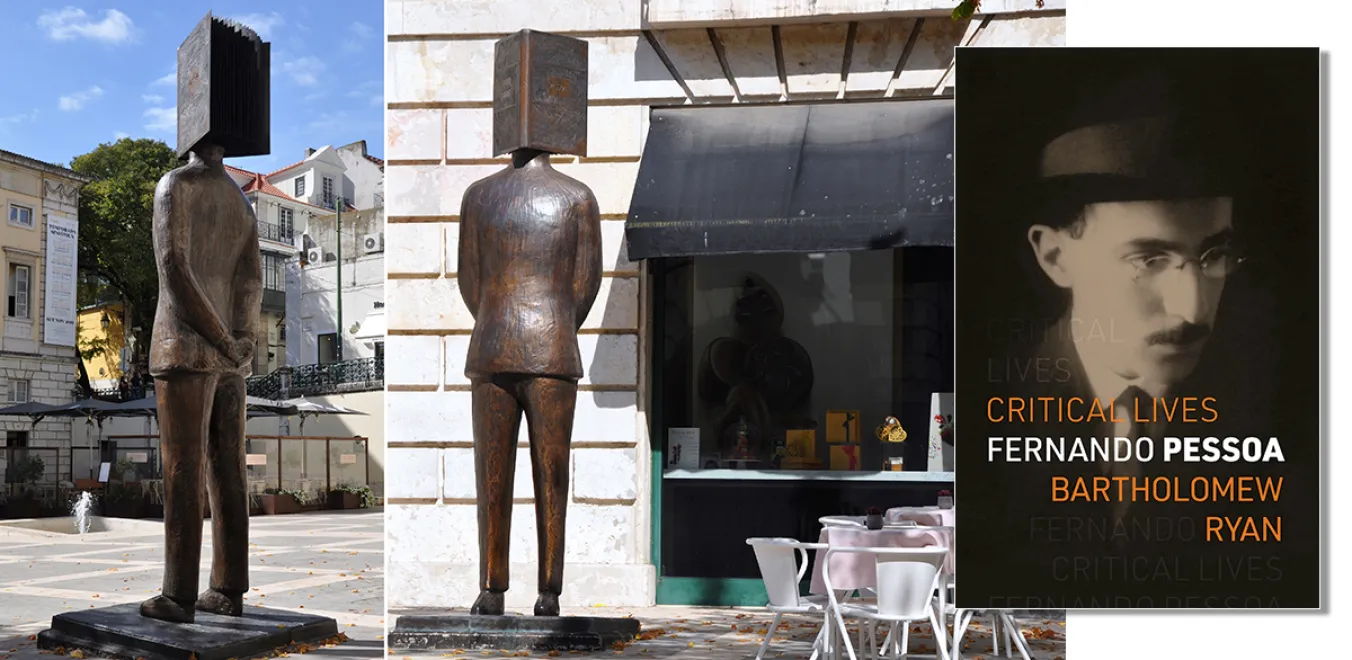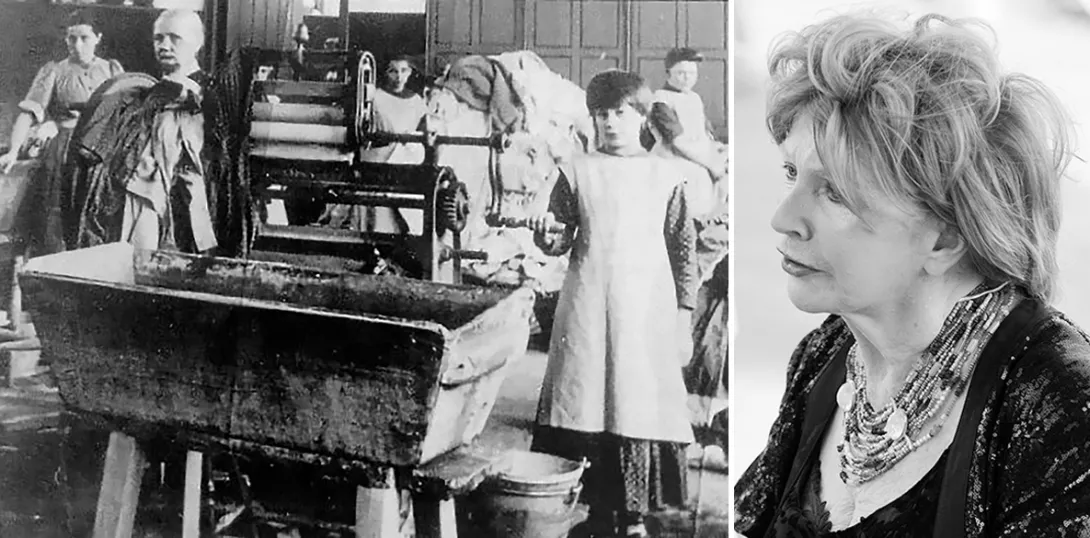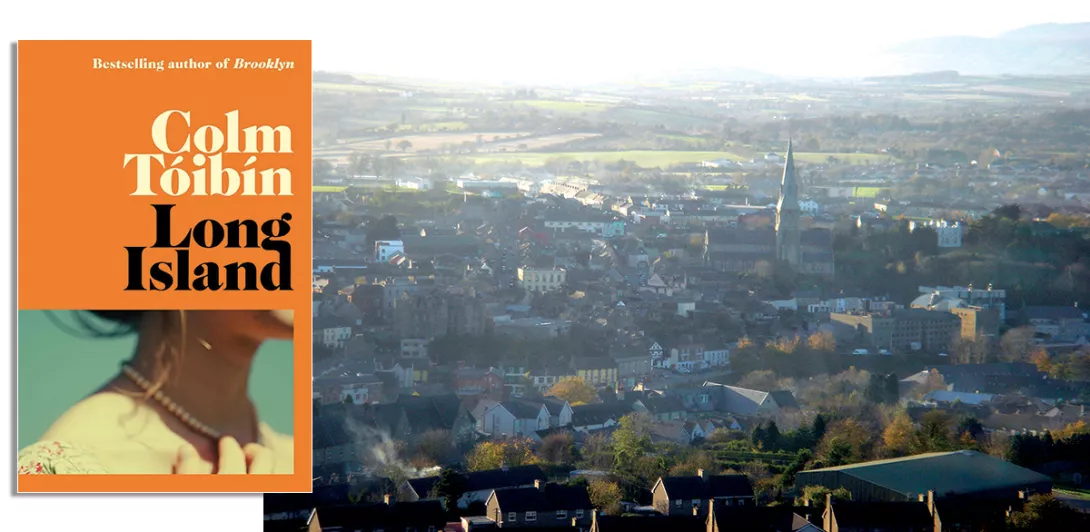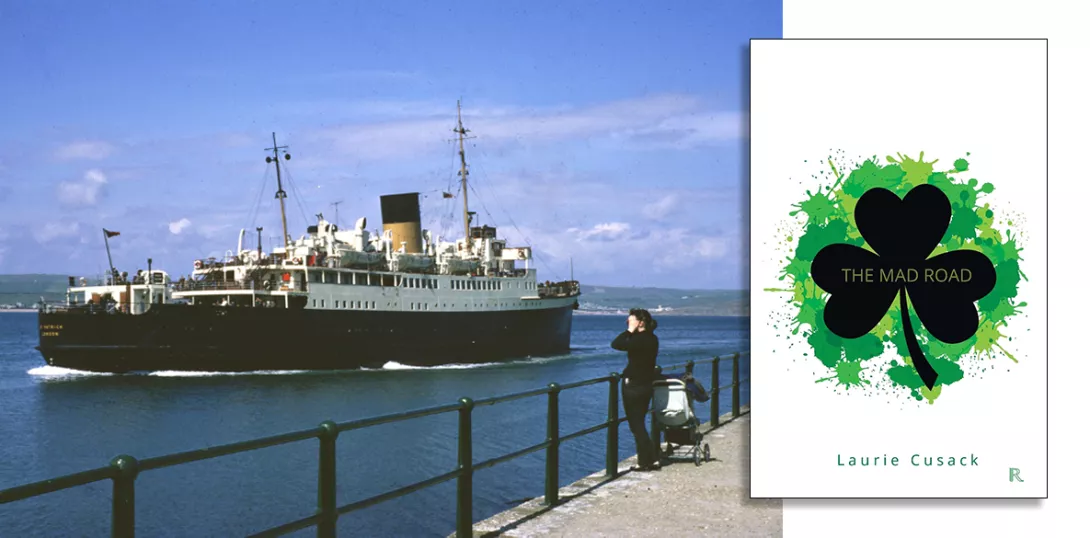
The Mad Road
Laurie Cusack
Roman Books, £12.99
SHORT story collections are a minority group in publishing these days. In the drive for high sales’ volumes novels are favoured, to the detriment of shorter works. This new collection, The Mad Road, by Irish debut writer, Laurie Cusack, is rare not only in form but also through its marginality: these are tales of lives that scarcely register in mainstream society, or only in the negative when they do.
Each story takes the view of the outsider, the man (all are from a male perspective) whose life experience comes the hard way. The collection opens with an Irish bricky talking to his mate in hospital, comatose after an accident on a negligently run construction site. A dilemma hangs over the bricky between doing the right thing, or choosing to survive.
Such Hobson’s choices are seen in several of the stories. The decision on whether to whistle-blow about the sexual exploitation of two young girls decades after the crime, for instance. This story throws up the spectre of the Irish provincial town with its mean-spirited hypocrisy and generous animosity towards the outsider.
